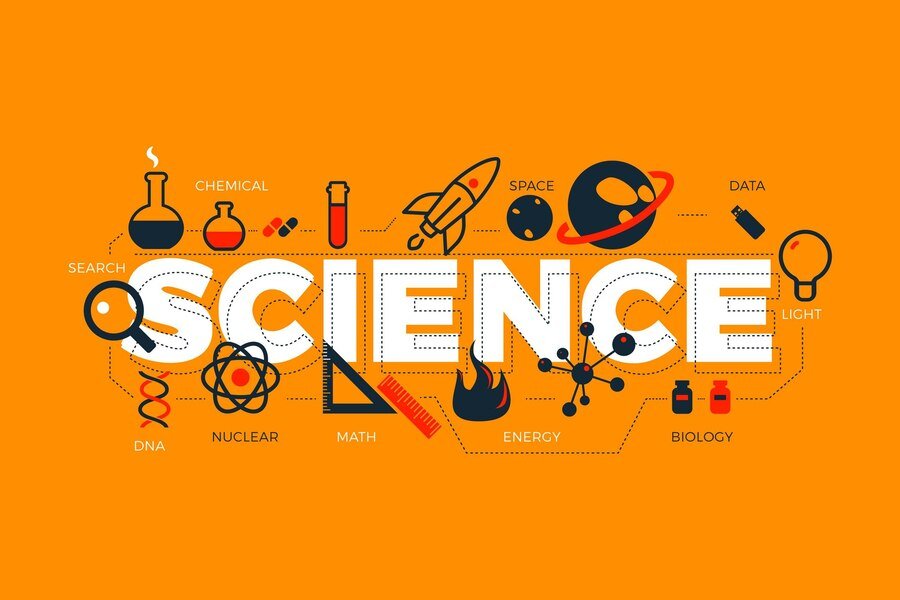Science, the ever-evolving pursuit of knowledge, holds the key to unlocking the mysteries of the universe. From the microscopic world of atoms to the vast expanse of outer space, the realm of “Totally Science” encompasses a multitude of wonders. In this article, we embark on a journey to explore the diverse facets of science, delving into its various branches, the interconnections between them, and the impact of scientific discoveries on our daily lives.
The Diverse Fields of Science
Physics
Physics, the fundamental science, seeks to understand the laws governing matter, energy, space, and time. From classical mechanics to quantum physics, this field unravels the intricacies of the physical world.
Chemistry
In the study of matter and its transformations, chemistry plays a crucial role in our daily lives. From the composition of substances to chemical reactions, this discipline provides insights into the building blocks of the universe.
Biology
Exploring the complexities of living organisms, biology spans from the microscopic world of cells to the biodiversity of ecosystems. It unveils the mechanisms of life and the interconnectedness of all living things.
Environmental Science
With growing concerns about the planet’s health, environmental science examines the impact of human activities on the Earth. It explores ways to mitigate environmental degradation and achieve sustainable living.
Astronomy
Peering into the cosmos, astronomy unravels the mysteries of celestial bodies and the vastness of space. It delves into the origins of the universe, black holes, and the possibility of extraterrestrial life.
Bridging the Gap: Interdisciplinary Connections
The beauty of science lies in its interconnectedness. Interdisciplinary studies bring together different scientific fields to tackle complex issues. An exemplary case is bioinformatics, where biology and computer science merge to analyze biological data, leading to groundbreaking discoveries.
The Evolution of Scientific Theories
Scientific progress is marked by the evolution of theories. From Copernicus challenging the geocentric model to Darwin’s theory of evolution, each paradigm shift has reshaped our understanding of the world. These revolutions are not merely historical events but ongoing processes shaping the future.
Cutting-Edge Technologies in Science
The 21st century witnesses an unprecedented pace of technological advancement. From CRISPR gene editing to quantum computing, scientists are pushing the boundaries of innovation. These technologies not only revolutionize research but also redefine the possibilities of human existence.
Science in Everyday Life
Contrary to the perception of science as an abstract concept, its influence permeates our daily lives. From the technology in our smartphones to the food we consume, science is an integral part of our existence. Understanding basic scientific principles enhances our ability to navigate the modern world.
Unsung Heroes of Science
While the spotlight often shines on famous scientists, numerous unsung heroes contribute significantly to scientific progress. Laboratory technicians, data analysts, and support staff play vital roles behind the scenes. Recognizing their contributions fosters a holistic appreciation of the scientific community.
Challenges in Contemporary Scientific Research
Despite advancements, scientists face formidable challenges. Funding limitations, ethical dilemmas, and the reproducibility crisis are hurdles that require collective efforts to overcome. Society’s support is crucial in ensuring the continued pursuit of knowledge.
Science Communication
Effectively communicating scientific concepts to the public is essential. Bridging the gap between scientists and the general populace fosters understanding and support. Scientists should embrace clear and engaging communication to demystify complex ideas.
The Ethics of Science
As science progresses, ethical considerations become paramount. The potential consequences of research, especially in fields like genetic engineering, demand careful examination. Striking a balance between scientific exploration and ethical responsibility is imperative.
Famous Scientific Discoveries
Behind every groundbreaking discovery lies a story of curiosity, perseverance, and sometimes, serendipity. From Fleming’s accidental discovery of penicillin to the meticulous work of Rosalind Franklin in understanding DNA structure, these narratives inspire the next generation of scientists.
Science and Society
The relationship between science and society is symbiotic. Scientific advancements shape societal progress, and societal needs drive scientific research. It is essential to recognize and navigate this intricate interplay for a harmonious future.
Future Frontiers in Science
The horizon of scientific exploration is limitless. From exploring the potential of artificial intelligence to understanding dark matter, the future holds exciting possibilities. Cultivating curiosity and supporting research endeavors are essential for unlocking these frontiers.
Nurturing the Curiosity of the Next Generation
Inspiring the scientists of tomorrow begins with fostering curiosity today. Science education, outreach programs, and mentorship opportunities play vital roles in encouraging young minds to explore the wonders of science. Investing in education ensures a brighter future for scientific innovation.
Conclusion
